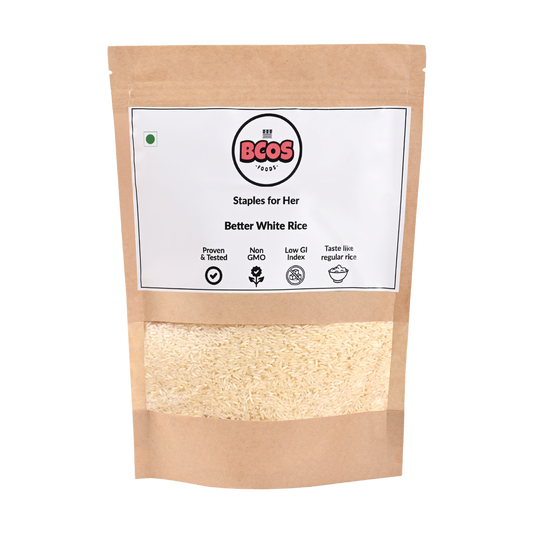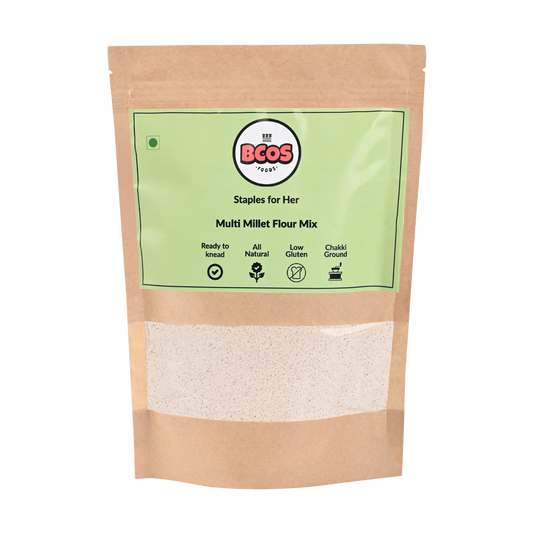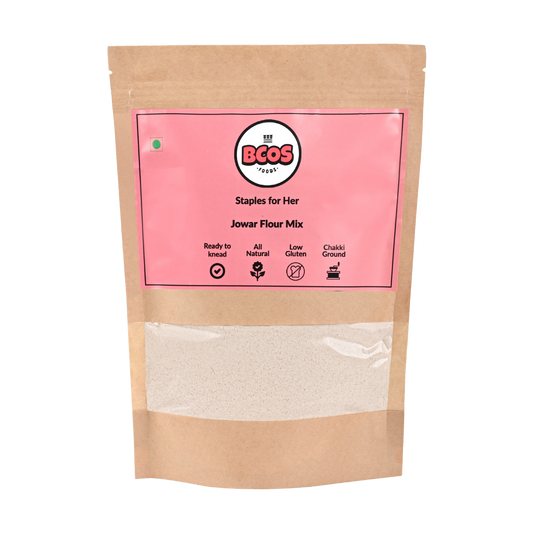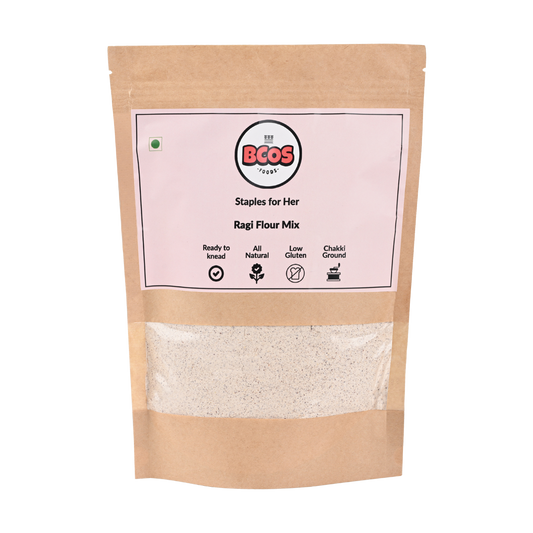Polycystic ovary syndrome (PCOS) is a hormonal disorder that affects women of reproductive age. It is a condition that is characterized by the formation of small, fluid-filled cysts on the ovaries, which can cause a range of symptoms including irregular periods, weight gain, and excess hair growth. One of the most common symptoms of PCOS is belly fat, which is very diffciult to lose and increases the risk of health problems such as heart disease and type 2 diabetes. In this article, let’s explore why belly fat happens in PCOS.
Insulin Resistance
Insulin is a hormone that regulates blood sugar levels in the body. When the body becomes resistant to insulin, it produces more insulin to compensate, leading to high levels of insulin in the blood. Insulin resistance is a common feature of PCOS, and it is thought to play a role in the development of belly fat.
High levels of insulin can cause the body to store more fat, particularly around the abdomen. This is because insulin promotes the uptake of glucose by fat cells, which leads to the production of more fat. Insulin resistance can also increase the production of androgens (male hormones) in the ovaries, which can contribute to the development of belly fat.
Inflammation
Inflammation is a natural process that occurs in the body in response to injury or infection. However, chronic inflammation can lead to a range of health problems, including obesity and insulin resistance. Women with PCOS are more likely to have chronic inflammation, which can contribute to the development of belly fat.
Inflammation can interfere with the normal functioning of insulin and increase the production of cytokines (proteins that promote inflammation). These cytokines can stimulate the production of cortisol (a stress hormone), which can increase belly fat storage.
Hormonal Imbalances
PCOS is a condition that is characterized by hormonal imbalances, particularly high levels of androgens. Androgens are male hormones that are also present in women in small amounts. However, in PCOS, the ovaries produce too much androgens, which can contribute to the development of belly fat.
Androgens can increase belly fat storage by promoting the accumulation of fat cells around the abdomen. They can also interfere with insulin signaling, leading to insulin resistance and increased fat storage.
Stress
Stress is a common feature of modern life, and it contributes to the development of belly fat. Women with PCOS are more likely to experience chronic stress, which leads to the release of cortisol (a stress hormone).
High levels of cortisol increases belly fat storage by promoting the accumulation of fat cells around the abdomen. Cortisol also interferes with insulin signaling, leading to insulin resistance and increased fat storage.
In conclusion, belly fat is a common symptom of PCOS and is difficult to lose. The causes of belly fat in PCOS are multifactorial, and include insulin resistance, inflammation, hormonal imbalances, and chronic stress. Women with PCOS who are struggling to lose belly fat should consider working with a healthcare professional to develop a personalized treatment plan that addresses these underlying factors. This may include lifestyle changes, such as a healthy diet and regular exercise, as well as medication to manage hormonal imbalances and other symptoms of PCOS.
Also, do checkout our tasty millet flour staples to take charge of your nutritional modifications for long term reproductive health management.





